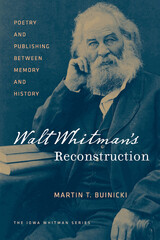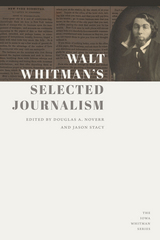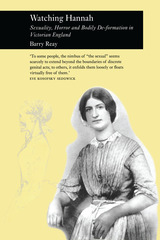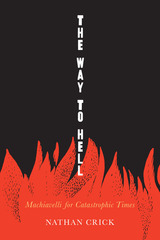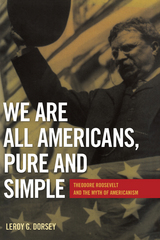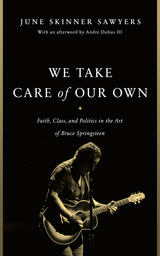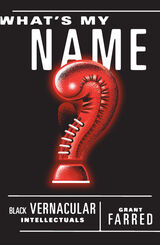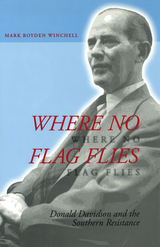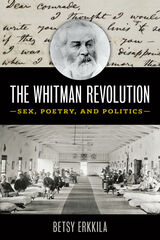Tolkien, Philosopher of War
Catholic University of America Press, 2024
eISBN: 978-0-8132-3867-8 | Paper: 978-0-8132-3866-1
See other books on: Catholic | Philosopher | Religious | Tolkien | War
See other titles from Catholic University of America Press
eISBN: 978-0-8132-3867-8 | Paper: 978-0-8132-3866-1
ABOUT THIS BOOK | AUTHOR BIOGRAPHY | TOC
ABOUT THIS BOOK
Book sales of the works of J.R.R. Tolkien keep pace with those of the Koran and the Bible. TV companies pay hundreds of millions to the Tolkien Trust to make adaptations of his work. In the UK, he routinely tops the list of the nation’s favorite authors. An estimated 2 million war gamers use The Lord of the Rings figurines in their RPG. It is incontestable that Tolkien is the most influential Catholic writer of the last century. Tolkien, Philosopher of War fills a gap in the scholarship. It is the first book addressing the philosophical and theological understanding of war in Tolkien and will interest readers of Catholic Studies, the philosophy and theology of literature, war studies, Tolkien Studies, English studies, political theory, and aesthetics.
In popular imagination, Tolkien is a Luddite, but recent scholarship has identified Tolkien’s extensive modern sympathies. Tolkien, Philosopher of War contributes to this growing literature. His is a modern critique of Enlightenment thinking, specifically those philosophies of history that wrest the initiative from God in divinizing man. His worry is apocalyptic politics, those political movements that take Christ’s "Be ye therefore perfect, even as your Father which is in heaven is perfect" (Matt. 5: 48) out of the realm of grace and make it a platform for political action. Tolkien, Philosopher of War has three core theses: metaphysical, political, and aesthetic. In this, Tolkien is comparable to Cormac McCarthy, especially his Blood Meridian.
Tolkien took note of a tight analytical connection between the vanity driving commercial civilization – which Hume, Smith, and Ferguson all identified – and the vanity driving the Promethean fantasies of apocalyptic politics. War – indeed, total war – is a predictable outcome of this analytical connection. The three theses run: 1) metaphysical: the apocalyptic anxiety of Tolkien’s lore is traceable to the gnostic rejection of the analogy of being typical of the philosophies of history that dominated his day; 2) political: in the English context, Tolkien sided with the Tories against Whiggery, defending monarchy as a counterweight to the vanity driving progressive philosophy of history; 3) aesthetic: Futurism’s philosophy of history celebrated the Machine; inverting the value order, the Futurism art movement encoded anti-Christianity, fascist politics, and apocalyptic war. Tolkien’s “cosmogonical drama,” with its pastoralism and portraits of angels (Gandalf) and gods (Nienna), dramatizes an aesthetic resistance to Futurism.
In popular imagination, Tolkien is a Luddite, but recent scholarship has identified Tolkien’s extensive modern sympathies. Tolkien, Philosopher of War contributes to this growing literature. His is a modern critique of Enlightenment thinking, specifically those philosophies of history that wrest the initiative from God in divinizing man. His worry is apocalyptic politics, those political movements that take Christ’s "Be ye therefore perfect, even as your Father which is in heaven is perfect" (Matt. 5: 48) out of the realm of grace and make it a platform for political action. Tolkien, Philosopher of War has three core theses: metaphysical, political, and aesthetic. In this, Tolkien is comparable to Cormac McCarthy, especially his Blood Meridian.
Tolkien took note of a tight analytical connection between the vanity driving commercial civilization – which Hume, Smith, and Ferguson all identified – and the vanity driving the Promethean fantasies of apocalyptic politics. War – indeed, total war – is a predictable outcome of this analytical connection. The three theses run: 1) metaphysical: the apocalyptic anxiety of Tolkien’s lore is traceable to the gnostic rejection of the analogy of being typical of the philosophies of history that dominated his day; 2) political: in the English context, Tolkien sided with the Tories against Whiggery, defending monarchy as a counterweight to the vanity driving progressive philosophy of history; 3) aesthetic: Futurism’s philosophy of history celebrated the Machine; inverting the value order, the Futurism art movement encoded anti-Christianity, fascist politics, and apocalyptic war. Tolkien’s “cosmogonical drama,” with its pastoralism and portraits of angels (Gandalf) and gods (Nienna), dramatizes an aesthetic resistance to Futurism.
See other books on: Catholic | Philosopher | Religious | Tolkien | War
See other titles from Catholic University of America Press

